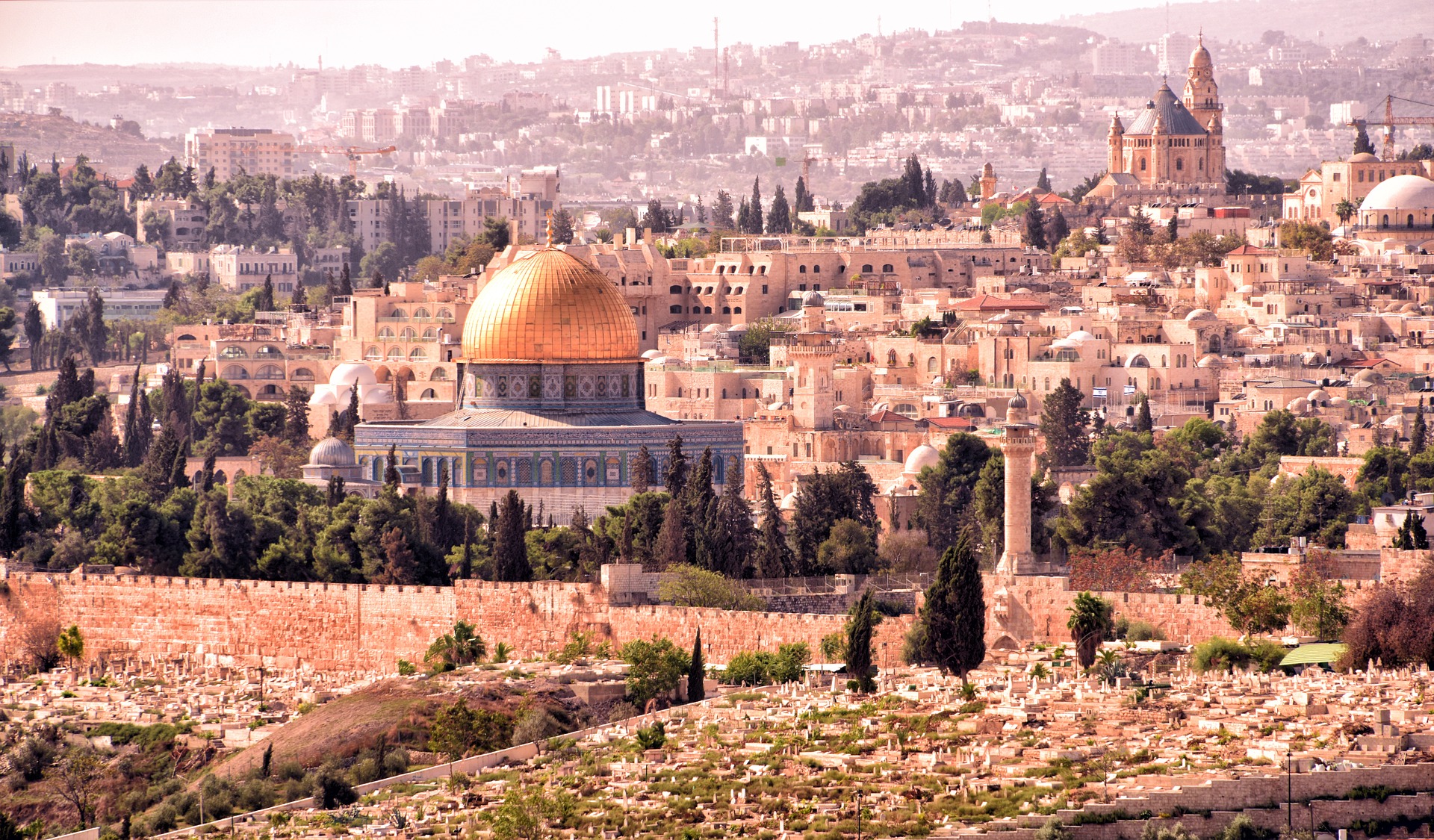
Dec. 6 marked the historic day that President Donald Trump announced that he would fulfill the Jerusalem Embassy Act passed by Congress in 1995, declaring that the United States recognizes an undivided Jerusalem as the eternal capital of Israel.
This bill was brought back into national politics this past year when, on the 50th anniversary of the re-unification of Jerusalem, the Senate passed a new resolution reaffirming its original intention to recognize Jerusalem as Israel’s capital. Now while President Trump’s announcement has caused many to rejoice, it also caused many in Israel to brace for violence as police prepare for Arab riots. The question is, will Trump’s decision to recognize Jerusalem as the capital of Israel be worth it in the long run?
In order to understand why the final fate of Jerusalem is important in modern times, it is necessary to look back at the founding of Israel in 1948. The United Nations Resolution 181 passed in 1947 originally established the states of Israel and Palestine with Jerusalem administered by the UN. This plan of course did not come to fruition, because while the Jewish people accepted it, the Palestinian Arabs didn’t. That is when the Israeli War for Independence broke out, during which the newly formed state of Israel was able to capture all the land except the West Bank of the Jordan River (Judea and Samaria) and the Gaza Strip while driving back the Arab armies of invading neighbors.
In 1967, after another war, Israel finally captured most of Jerusalem and it was split into an east and a west section. The west is currently the de-facto capital of Israel and the Palestinians want the primarily Palestinian-occupied eastern section to be the capital of their future state.
For decades however, U.S. policy has been to leave the fate of Jerusalem undecided until a final peace agreement between the Israelis and Palestinians. President Trump broke with that policy based on the following logic:
“After more than two decades of waivers [of the Jerusalem Embassy Act], we are no closer to a lasting peace agreement between Israel and the Palestinians. It would be a folly to assume that repeating the exact same formula would now produce a different or better result,” Trump said just before signing the proclamation.
The White House maintains that the president is still committed to a two-state solution and that this announcement will not get in the way of a future deal. However, it is my belief that President Trump does not fully understand the implications of what he just did by recognizing Jerusalem as the capital of Israel.
By doing so, he has just thrown away one of his greatest pieces of leverage with the Palestinians by showing just how little he knows about the Israeli-Palestinian conflict. The presumed reason that all past presidents have decided that the fate of Jerusalem must be decided as part of a peace deal is because they can then use it as a bargaining chip to elicit concessions from both sides. By essentially just giving it to Israel, Trump can no longer do this.
What Trump should have done is wait for his son-in-law and advisor Jared Kushner and his team to come up with their peace proposal and present it to the Israelis and Palestinians before negotiating the final fate of Jerusalem. That way if either side is not cooperating, Trump can threaten to recognize it as the capital of one state and not the other or give it to one and not the other entirely.
Now the best-case scenario is that Kushner and his team are still able to make a peace plan without the negotiation of Jerusalem’s fate as part of it. The worst-case scenario is that the Palestinians will lose trust in the United States as a neutral party in the negotiations and not even come to the table as they might feel that there is no longer the chance of being treated equally.
The only hope now is that somehow this will not wreck the peace process and that the administration’s eventual peace proposal will be able to work around this obstacle and hopefully bring a period of peace and security in the region.


